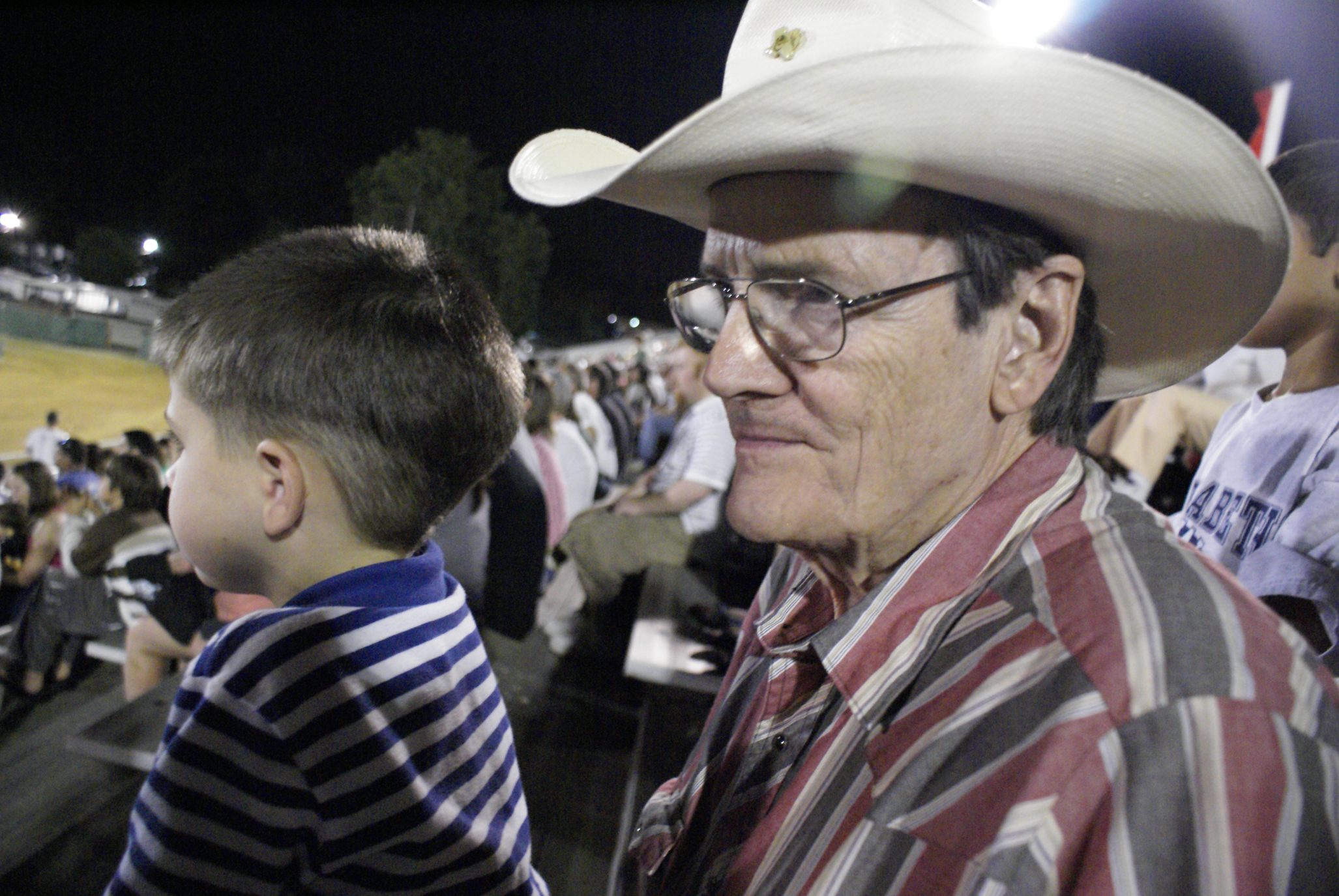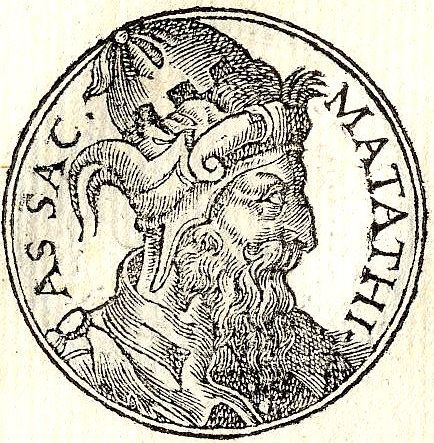As I write this, I am enjoying being with my daughter and wife on Father’s Day. Even when our daughter was first born, Elizabeth has made sure to celebrate this day and make me feel special and, once she was old enough to contribute, Izzy always brings the love and joy! It was she who first made me a dad. Of course, our time is always a bit tinged with grief since Mack cannot be with us, but this day can often be so much harder for others.

This weekend my wife and I joined virtually a memorial service for an old college friend who had just died of cancer. Mike was always one of the most gracious, godly, and kind people in our fellowship and that was evident in the testimonies shared by family and friends at the service. Sitting in the front row with Karen, his wife and our friend, were their three young children. I pray that the notion of “Father’s Day” does not even occur to them this year. But it will in future years, and it will be difficult. It is only the second Father’s Day since my dad passed and we remember and miss him, but we also can celebrate his long and loving life. Hold close Karen and their children and all like them whose fathers are no longer present. And those whose fathers never were in the picture. That is a different kind of grief.
Then there are those whose fathers have been very much present and very much not loving, kind, and gracious. A day set aside for celebrating fatherhood can be a painful reminder of the wounds, physical and emotional, imparted by the one who should be protector, provider, and comforter. Such cruel and destructive relationships are why so many struggle with masculine language being applied to God and while they love and worship God, refuse to call him “Father,” because the only father they know is not love but abuse.
Over the last few years, as my wife has found such great comfort and strength in the Bible from the examples of Mary and Elizabeth, both of whose sons were ripped from them cruelly, I have thought about and looked for positive and encouraging examples of fathers in the Bible. They are impossible to find. Really, not one.
When I assert this as fact, the exception that most people put forward is Joseph. After all, he took in and married Mary, even though she was pregnant with a child that was not his own and presumably he stuck around and supported them both as Jesus grew. Perhaps. It is true that the New Testament speak of Jesus’ brothers and sisters and while traditions vary as to whether they were Mary’s children (impossible if one believes she is a “perpetual virgin”), cousins, or children from some unknown previous marriage of Joseph’s, we actually have no evidence of Joseph in the Bible after he and Mary take Jesus to the Jerusalem Temple when he is twelve years old. He simply disappears from the narrative. So, a benign example, maybe even a loving father, but so little detail, so few examples of how he responded to the challenges of fatherhood to provide me with encouragement and a template.
The list of bad biblical fathers, on the other hand, is long and readily available. There is the judge Jephthah who sacrificed his daughter after a poorly judged vow to the Lord. Or Lot, who offered up his daughters to the crowds pressing in on their house in Sodom out of a perverse sense of hospitality. David, of course, is perhaps the best-known worst father of them all. He showed favoritism to some sons, allowing incest and murder to occur between his children, which ultimately led to his son Absalom driving David from Jerusalem to flee for his life.
So, when the Bible refers to God as “father” it is not as if the authors expected us to view our Heavenly Father as an image of our earthly father, no matter how good the latter might be. We are all humans and as such are flawed, selfish, and egotistical. When we consider God as Father, we should think in the same way as we might God as ruler and king. God’s rule is not that of a despot or tyrant or even the most benevolent human monarch. God’s rule is perfection: perfect love, perfect justice, and perfect peace. In the same way, God’s parenthood is not to be measured by the poor reflection that we humans are able to make of it.
We earthly parents at our best, do our best to make choices in our children’s best interest, to help shape and mold them, preparing them for what we believe will be their future. Our Creator God is the only one who truly knows what is best for us, the children of God. God knows our needs and wants and will provide, not as we desire but as we require.
Now that I think about, there is one example in the Bible of a father who is good, or at least provides a good example to us all. He is a parable, however. I am thinking about the father of the prodigal son (Luke 15:11-32) who is, of course, a representation of God. This is the parent who gives us room to roam, the chance to collapse, and will still welcome us back home with celebration and love.
So, I am not discouraged by the negative examples of fatherhood in the Bible. Rather, I am encouraged since even these often poor examples of parenthood were used and even blessed by God. God did so, not because they were exceptional parents, but because God the Creator and Ruler is a gracious and merciful God.
We may not all be parents, but we are all Children of God. Welcome home.
This essay was written as part of the outreach program of The Episcopal Church of the Good Shepherd in Lexington to continue to minister to our community in this time of uncertainty and “social distancing” that requires not meeting in person. For essays by my friends and colleagues go to “Calming the Storm.”





